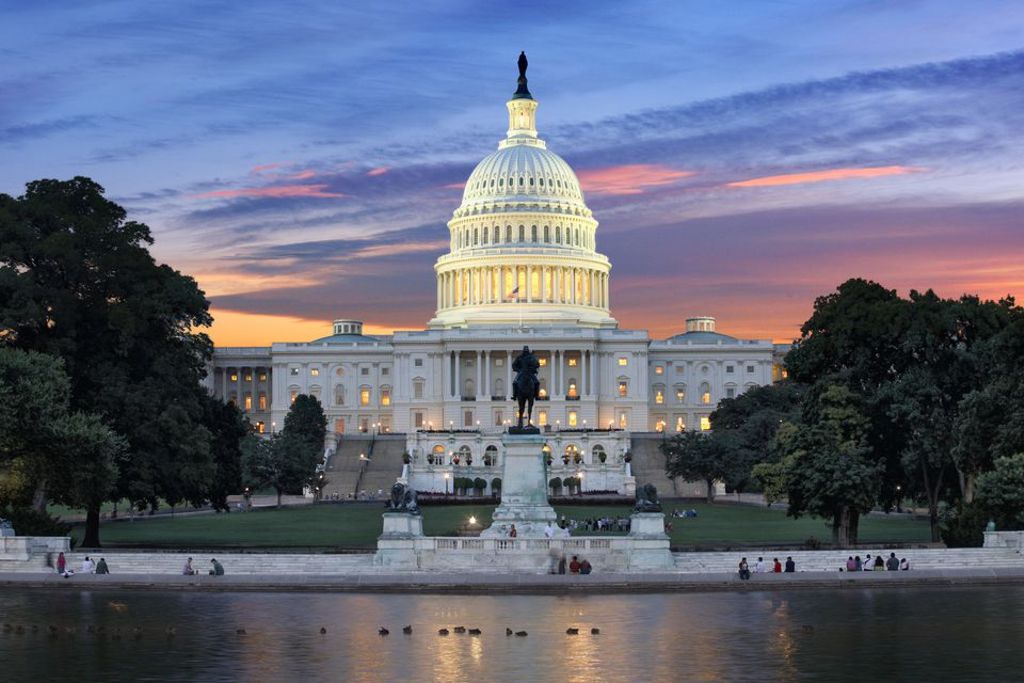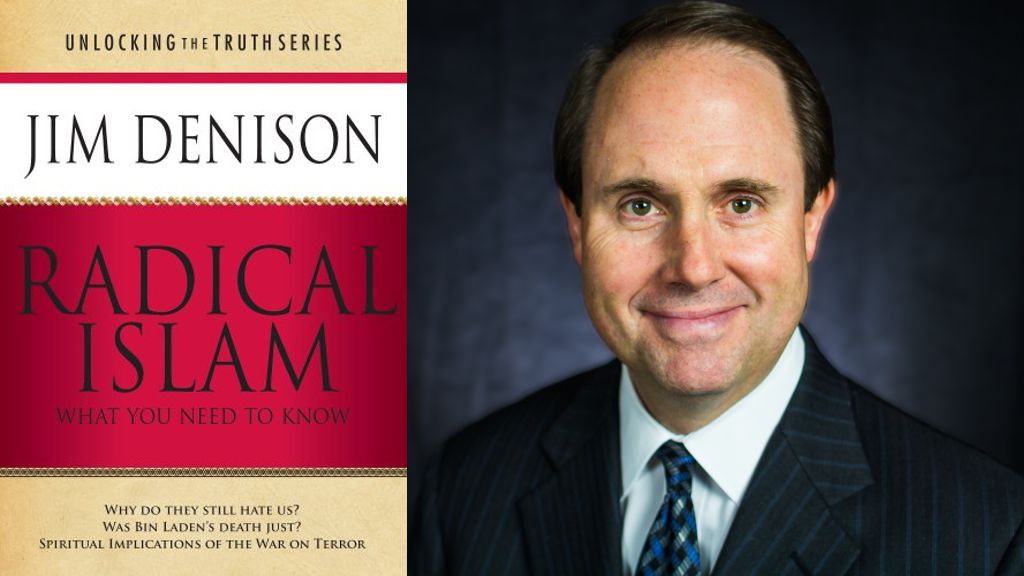Americans arriving in London often remark that the headlines look like news from another planet, not another country.
They see alien phrases such as “fuel poverty,” which appeared in an early-July Daily Mirror op-ed about Britain’s costly green energy policy:
“As energy prices go through the roof, shocking figures reveal one in four families has been plunged into fuel poverty. Consumer Focus warns as many as 6 million could be forced to choose between a hot meal or heating their homes this winter.”
Well, the Mirror is a popular tabloid. How about something more focused, like Totally Money News? The TMN writer said:
“The fact is that we can now find the fuel poor amongst all walks of life and in all types of households. Start to factor in housing costs such as mortgage and rental payments and we are left with the shocking image of a third of all British households living in fuel poverty. The sad truth is that consumers are paying a heavy price for this country’s disjointed, incoherent and unaffordable energy policy.”
Such horrifying stories and strange expressions abound in the London press because the United Kingdom is already far into the clean green energy economy that President Obama keeps promising America. So Londoners know all about “spinning reserve.”
What’s that? The Sunday Telegraph’s Christopher Booker explained that if Britain is to spend [$163 billion] on building thousands of wind turbines, “it will require an additional [$16.3 billion] for 17 new gas-fired power stations simply to be kept running on ‘spinning reserve,’ 24 hours a day,” as backup for when the wind drops and the windmills produce no power.
Booker concluded: “Gas-fired power stations running on ‘spinning reserve’ chuck out much more CO2 than when they are running at full efficiency — thus negating any savings in CO2 emissions supposedly achieved by the windmills themselves. I’m afraid we are in the hands of very dangerous children, upon whose deranged wishful thinking a large part of our country’s future depends.”
The United States seems to be in similar hands.
A London Times commentator indulged in more wistful thinking: “We could have started the shale gas revolution here, as we started the fossil fuel revolution itself. We could still start the underground-coal gasification revolution here. We could push thorium reactors. But starting a business in Britain’s regulated economy and planning system is like swimming in treacle [molasses].”
When the U.S. actually makes “the glorious transition” to a clean energy economy, we may find ourselves repeating the words spoken two weeks ago by Hugh Mackay, Lord Reay, in the Parliamentary Business section of the national website:
“The Climate Change Act should be repealed, its panoply of carbon budgets abandoned, all the agencies such as the climate change committee which drips its advice into the Government’s ear sent packing, and a chance given to our economy to resurrect itself. Otherwise we have a grim and, very likely, a dim future.”
The Local, an English-language German paper, tersely noted at midmonth, “The German government wants to encourage the construction of new coal and gas power plants with millions of euros from a fund for promoting clean energy and combating climate change.”
We too may find ourselves raiding greenie funds to keep ourselves alive with affordable energy.
The London Times’ Matt Ridley nailed it: “The future belongs to countries that can get their electricity, heat and fuel supplied as cheaply and reliably as possible. That is the priority, not the carbon fetish.”
Brits may one day visit America, feel like they landed on the dark side of Planet Obama, and instead of “strange,” they’ll mutter, “dumb.”
By Ron Arnold | 07/28/11 8:05 PM
Examiner Columnist Ron Arnold is executive vice president of the Center for the Defense of Free Enterprise.







